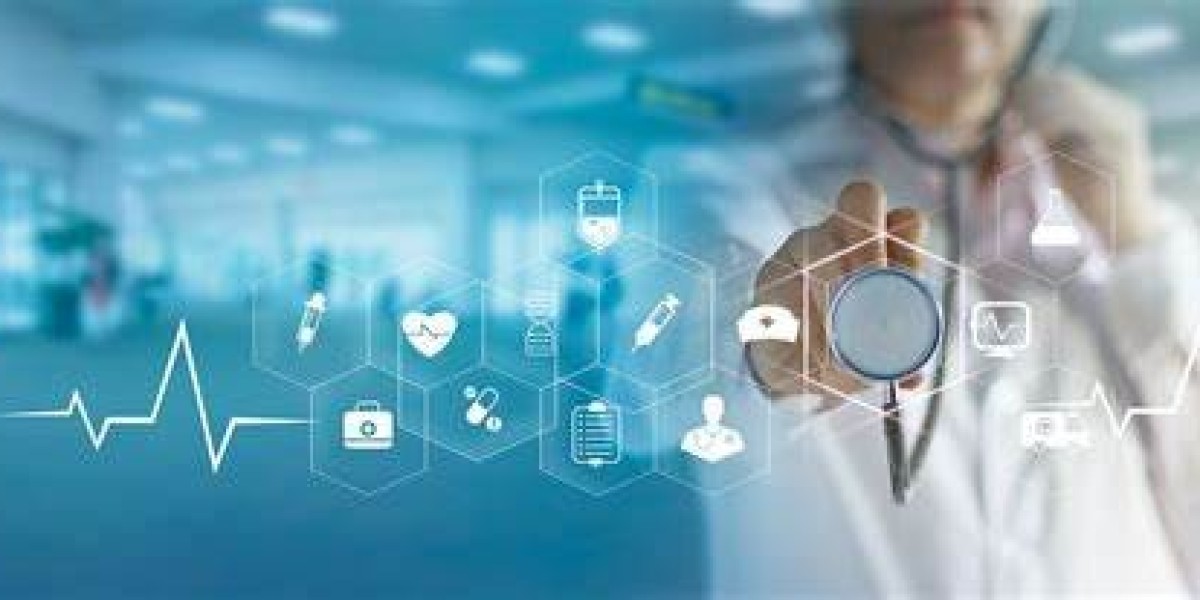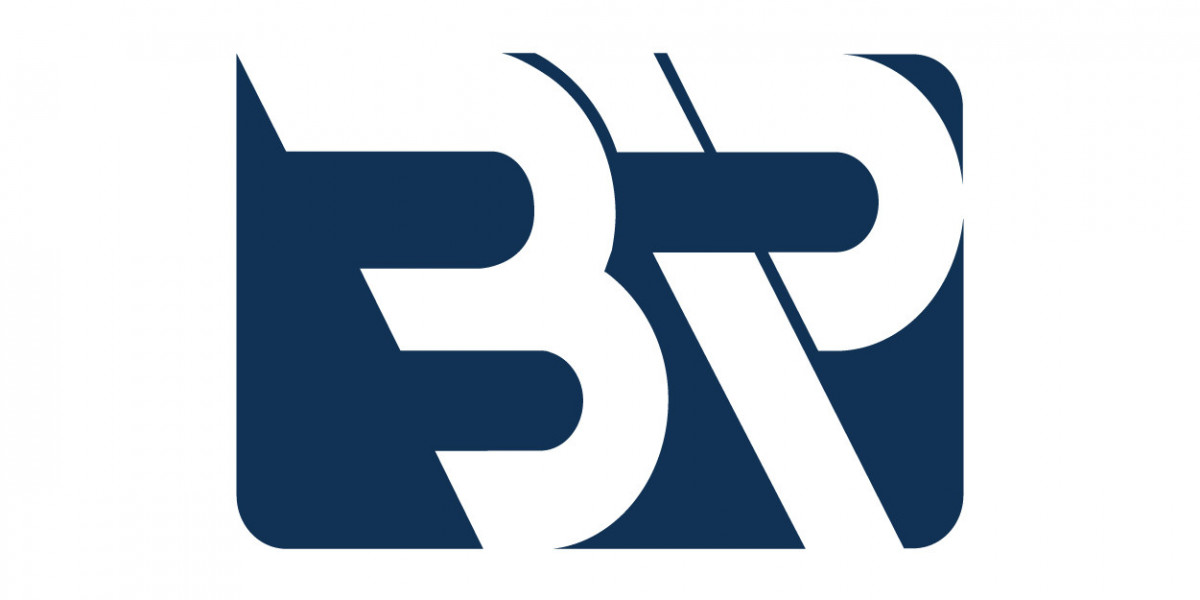In today's digital age, technology has seeped into every aspect of our lives, including healthcare. Healthcare software development plays a pivotal role in enhancing patient care, improving efficiency, and streamlining operations within the healthcare industry.
What is Healthcare Software Development?
Healthcare software development services involves creating and implementing software solutions specifically designed to address the unique needs of the healthcare sector. These solutions can range from electronic health records (EHRs) and patient portals to telemedicine platforms and medical imaging software.
Key Benefits of Healthcare Software Development
Enhanced Patient Care:
- Improved Diagnosis: Advanced software can analyze medical data to provide more accurate and timely diagnoses.
- Personalized Treatment Plans: Healthcare software can help create personalized treatment plans based on individual patient data and preferences.
- Better Patient Outcomes: By optimizing care delivery and reducing medical errors, healthcare software can lead to improved patient outcomes.
Increased Efficiency:
- Streamlined Operations: Healthcare software can automate administrative tasks, reducing paperwork and improving workflow efficiency.
- Reduced Costs: By streamlining processes and minimizing errors, healthcare software can help reduce costs associated with patient care.
- Enhanced Data Management: Centralized electronic health records can improve data management and accessibility.
Improved Data Security:
- HIPAA Compliance: Healthcare software can be designed to comply with HIPAA regulations, ensuring the security and privacy of patient data.
- Data Protection: Robust security measures can protect patient data from unauthorized access and breaches.
Types of Healthcare Software
- Electronic Health Records (EHRs): Centralized systems for storing and managing patient medical information.
- Patient Portals: Online platforms that allow patients to access their medical records, schedule appointments, and communicate with healthcare providers.
- Telemedicine Platforms: Software solutions that enable remote delivery of healthcare services.
- Medical Imaging Software: Tools for viewing, analyzing, and storing medical images.
- Practice Management Software: Software for managing administrative tasks in healthcare practices.
Challenges and Considerations
- Interoperability: Ensuring seamless data exchange between different healthcare systems can be challenging.
- Cost: Implementing healthcare software can be expensive, especially for smaller practices or healthcare organizations.
- Training and Adoption: Healthcare professionals may require training to effectively use new software, and adoption rates can vary.
- Data Security: Protecting sensitive patient data is a top priority, and healthcare software must incorporate robust security measures.
The Future of Healthcare Software Development
As technology continues to advance, we can expect to see even more innovative healthcare software solutions emerge. Areas of focus include:
- Artificial Intelligence (AI): AI can be used to analyze medical data, predict disease outcomes, and personalize treatment plans.
- Internet of Things (IoT): IoT devices can be integrated with healthcare software to monitor patients' vital signs and provide real-time data.
- Blockchain: Blockchain technology can be used to ensure the security and integrity of medical records.
Healthcare software development is playing a vital role in transforming the healthcare industry. By addressing the challenges and leveraging the opportunities presented by technology, we can create a more efficient, effective, and patient-centered healthcare system.
Visit Custom Healthcare Software Development Company In India (ailoitte.com)









